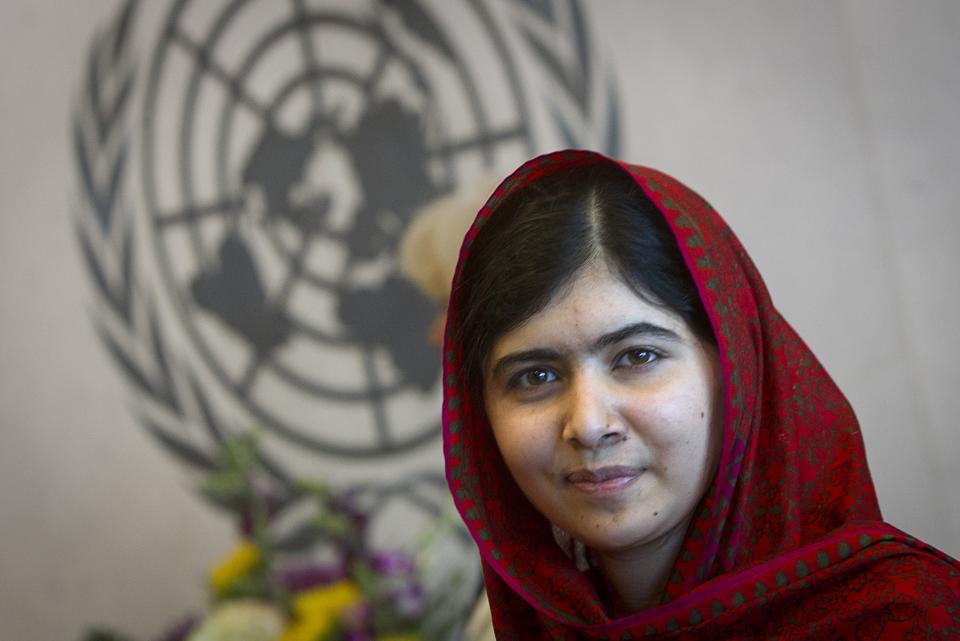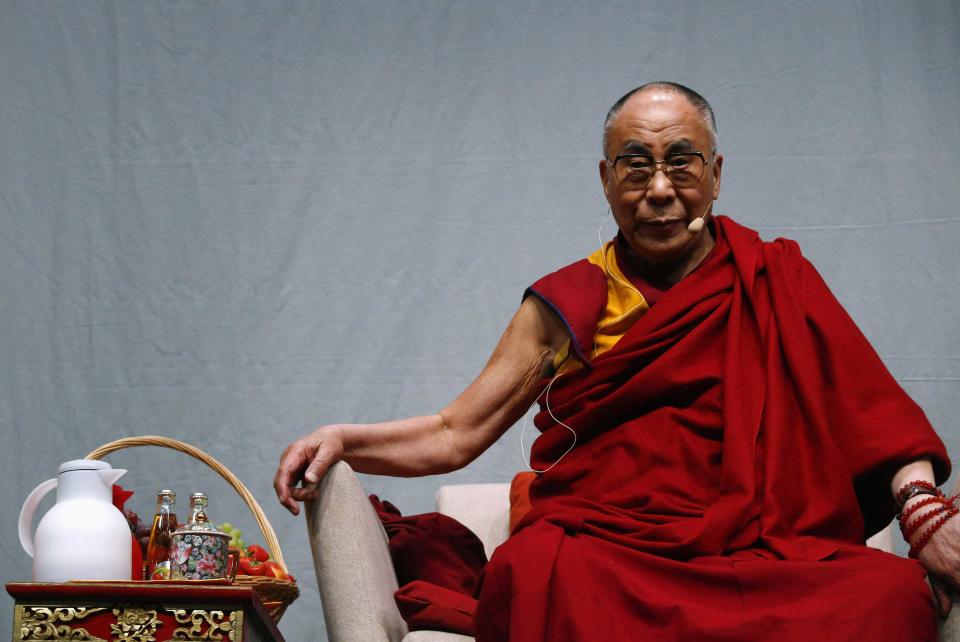 Daily Brew
Daily BrewMalala Yousafzai and the short list of honourary Canadians
Since Malala Yousafzai stood up to the Taliban, surviving a gunshot to the head and fighting for women’s education rights in Pakistan, the 17-year-old has received international accolades most recently including the Nobel Peace Prize.
And when Yousafzai is confirmed to be the next human rights crusader to be given honourary Canadian citizenship on Wednesday, she will join a small and elite company. Only five other people have ever been given honourary Canadian citizenship.
A government source confirmed for CBC News that Wednesday throne speech will announce that Yousafzai will receive honourary Canadian citizenship - a prestigious and rare title offered only a handful of times before.
"Our government will bestow honourary citizenship on Malala Yousafzai who courageously advocates for human rights and freedom against the backdrop of Taliban extremism and oppression," the source told CBC.
Yousafzai, now 17, has received accolades and international appreciation for her work as a girls’ education advocate since surviving a Taliban attack in October, 2012. Yousafzai was shot in the head while riding home from school on a bus
After several operations and months of recovery, she gave a speech at the United Nations opposing the atrocities of her homeland and the value of education. Last week, Yousafzai won the Nobel Prize for her “struggle against the suppression of children and young people and for the right of all children to education.”
At 17, Yousafzai is by far the youngest person to ever win a Nobel Prize, and the youngest to receive honourary Canadian citizenship.
Here is the short list that Yousafzai is set to join:
Raoul Wallenberg
Wallenberg was a Swedish businessman who, near the end of World War II, was named the First Secretary of the Swedish Legislation and led a rescue operation credited with saving the lives of tens of thousands of Jews held captive in Budapest. He died in captivity in 1947. Wallenberg was posthumously named Canada’s first honourary citizen in 1985, 40 years after his death. January 17 has also been named Raoul Wallenberg Day in Canada, meant to honour his “courageous and heroic efforts.”
Nelson Mandela
The anti-apartheid champion became the first living person to be given honourary Canadian citizenship in 2001 when parliament passed a motion to recognize his “great moral leadership to South Africa and to all humanity.” Before his death last year, Mandela visited Canada on several occasions, most significantly in 1990, just months after being released from prison following 27 years imprisonment for leading the resistance against white minority rule in South Africa. He is a Nobel Prize and was the first foreign leader to be named a Companion of the Order of Canada.
Tenzin Gyatso
Tenzin Gyatso, better known as the current and 14th Dalai Lama, became the third honourary Canadian citizen in 2006. The Tibetan Buddhist leader was exiled from Tibet in 1959 and denounced by China. He travels the world advocating for peace and advocating on behalf of the Buddhists community. He won the Nobel Peace Prize in 1989. The International Dalai Lama Center for Peace and Education was established in Vancouver in 2005.
The chairperson of the National League of Democracy has been a proponent of democracy in Burma and had been under house arrest by the Burmese regime for 21 years before her release in 2010. She has earned several international honours, including the Nobel Peace Prize, the Sakharov Prize for Freedom of Thought and the Presidential Medal of Freedom. She received the honour in 2007 but did not receive the official certificate until 2012, when Foreign Affairs Minister John Baird visited her home in Yangon.
High Highness the Aga Khan, the spiritual head of the world’s 15 million Ismaili Muslims, was named an honourary Canadian citizen in recognition of his “leadership as a champion of development, pluralism and tolerance around the world.” Canada is home to some 70,000 Ismaili Muslims, most of whom arrived here after their families were forced out of Uganda by former ruler Idi Amin in the 1970s. The Aga Khan’s relationship with Canada extends beyond citizenship. He was here to formally open Toronto’s Ismaili Centre in September, complete with Aga Khan Museum.




